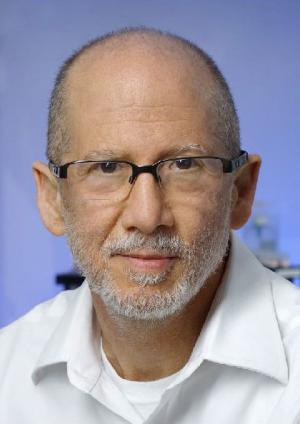In the late 1980s, Bert Vogelstein, M.D., became the first scientist to unravel the molecular basis of one of the most common genetic mutations in all cancers: errors in the p53 gene. That discovery led to the creation of a specific model for human carcinogenesis, fondly known as Vogelgram, and is widely credited with laying the groundwork for much of modern cancer genetics research today.
With his colleague, Kenneth Kinzler, Ph.D., a co-director of the Ludwig Center at Johns Hopkins Kimmel Cancer Center, Dr. Vogelstein helped define the molecular pathways cancers use to gain an advantage over normal cells to cause disease. Initially, the pioneering work of these two scientists focused on colorectal cancers, demonstrating that cumulative p53 mutations suppress ordinary cellular mechanisms used to keep malignancies under control. But their painstaking efforts in this one cancer now serves as a paradigm for detecting genetic errors in many other cancers.
Dr. Vogelstein and the Hopkins team have focused attention on prevention and detection strategies that exploit the genetic vulnerabilities identified. One involves a liquid biopsy test that scours the blood for signs of early cancer when it may be preventable or even curable. The test, which measures mutated DNA and snippets of tumor-associated proteins, is one of several approaches under study world-wide.
For his contributions to cancer research, Dr. Vogelstein has been honored many times, including the Distinguished Scientist Award from the Association of American Cancer Institutes and as one of the first-ever recipients of the Breakthrough Prize in Life Sciences. As early as 2003, he already held the distinction of being the most highly cited scientist in the world, with over 300,000 citations to his published articles.
For more information about Dr. Vogelstein, read this story from The ASCO Post.

